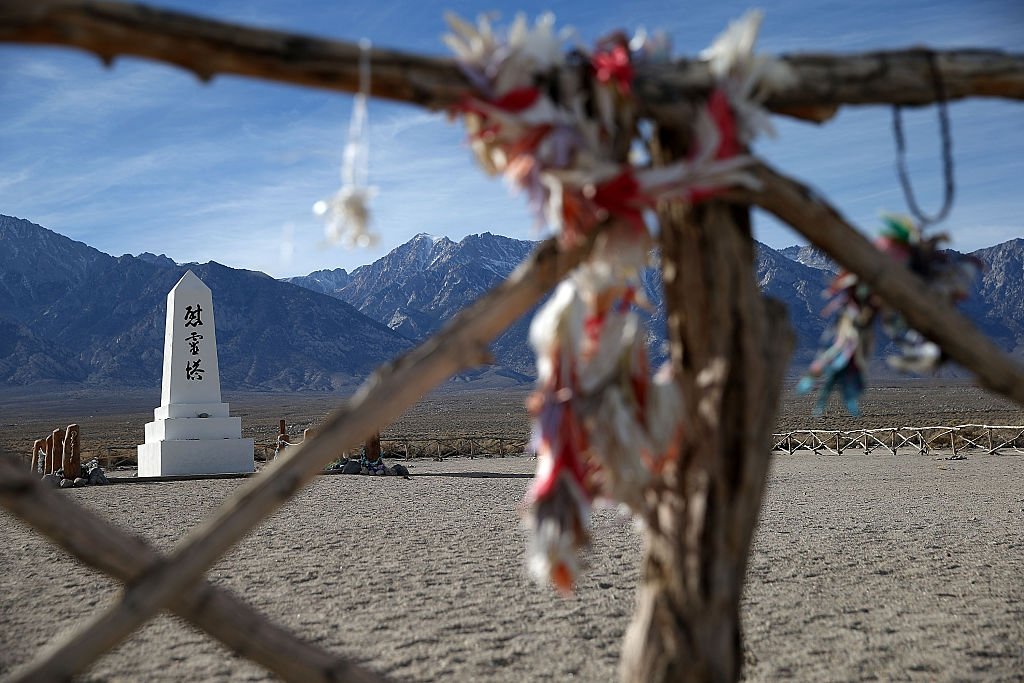AANHPI
My 95-Year-Old Grandmother’s Silence Highlights the Urgent Need for Asian American History in Arizona

In Mesa, Arizona, a poignant generational exchange is unfolding weekly between a granddaughter and her 95-year-old grandmother, the last of her family’s Japanese American lineage. Together, they navigate a journal titled “About My Life,” revealing not just cherished memories but also long-hidden stories of struggle and resilience.
Recently, the grandmother began to open up about her experience at the Tule Lake Internment Camp during World War II, an ordeal that many Japanese Americans faced as their heritage was unjustly perceived as a threat. For years, this chapter of history remained suppressed, a silence echoed in Arizona’s educational framework where “Asian American” is mentioned only once in K–12 social studies standards.
However, a proposed legislative change is on the table. Senate Bill 1301 aims to enhance the Arizona curriculum by incorporating a broader depiction of American history that includes the contributions and experiences of diverse communities. This initiative presents an opportunity to provide students with a more complete education.
Acknowledging the rich contributions of Asian Americans is critical. From Filipino shrimpers in the South to Chinese workers who built the railroads, and Japanese Americans who transformed agriculture on the West Coast, these narratives are integral to the American fabric. Furthermore, despite facing severe discrimination, many of these individuals served honorably in the military, including members of the renowned 442nd Infantry Regiment.
Asian American, Native Hawaiian, and Pacific Islander (AANHPI) communities have been interwoven into the nation’s history since its inception. Yet, their legacies remain largely untold in schools across Arizona.
As tensions with China rise, the urgency to teach an honest and comprehensive history is magnified. Understanding our history shapes children’s perspectives and informs their worldviews. Excluding stories like that of the granddaughter’s grandmother not only diminishes historical truth but also deprives future generations of inspiration.
Opponents of the bill may argue it is unnecessary or misaligned with pressing issues. However, the window to honor the voices of Japanese American internment survivors is closing as many are now in their nineties. Preserving these narratives in education ensures that they endure beyond family gatherings and personal journals.
The granddaughter envisions a future in which her children and others appreciate the rich, multifaceted tapestry of American history, recognizing stories like her grandmother’s as universal. In advocating for the passage of this bill, Arizona has the chance to lead in fostering a more inclusive historical narrative.
Courage, compassion, and clarity are necessary for this endeavor. It is time to illuminate the hidden truths of our past for the betterment of all.


















